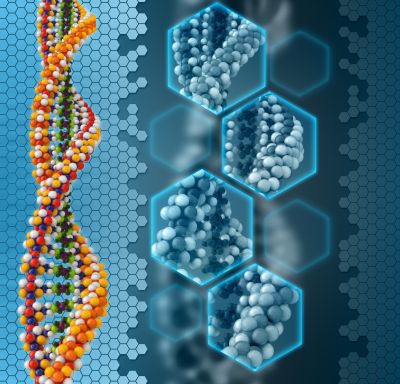CF is a
hereditary disease resulting from mutations in the cystic fibrosis
transmembrane conductase regulator (CFTR) gene. CFTR is a membrane
protein that regulates the flow of water and chloride ions. With first
manifestations in early childhood, CF affects the lungs and later
extends to other organs. Identification of the gene responsible for CF
offers a possibility to develop an effective gene therapy protocol for
this life-threatening disease. While many mutations in the CFTR gene can
contribute to the disease, F508 mutation is responsible for over 70 %
of CF cases in the European population.
The project GOODCELLS produced impressive results. The project had
an ambitious goal to develop an approach for an efficient therapy for CF
using genetically modified induced pluripotent stem (iPS) cells. iPS
cells can be generated in vitro directly from adult cells of an
individual and thus are patient-specific. Because iPS cells can give
rise to every other cell in the body, they have a great potential for
regenerative medicine.
During the GOODCELLS project the iPS cells were successfully
produced from the cells of F508 CF patients and F508 mutant mice. Next,
F508 mutation in the CFTR gene was corrected in the iPS cells using
homologous recombination and piggyback technology. A corrected CFTR
allele was validated by polymerase chain reaction and sequencing.
After repaired iPS cell lines were characterised, an in vitro
differentiation protocol was established. The protocol mimicked the
natural process of lung embryonic development and produced foregut
endodermal mouse and human cells.
Finally, a series of cell transplantation experiments were performed
on mice to define the conditions required for lung regeneration.
Differentiated mouse cells carrying the corrected CFTR gene were
intravenously injected into F508 mice and showed a clear tendency to
home in on the lungs.
The project's results have important scientific implications. In
addition to addressing CF therapy, the approach can be applied to other
hereditary diseases.
 EN
EN  CS
CS DE
DE ES
ES FR
FR HU
HU IT
IT PL
PL PT
PT РУ
РУ SK
SK TR
TR УК
УК AR
AR 中文
中文







